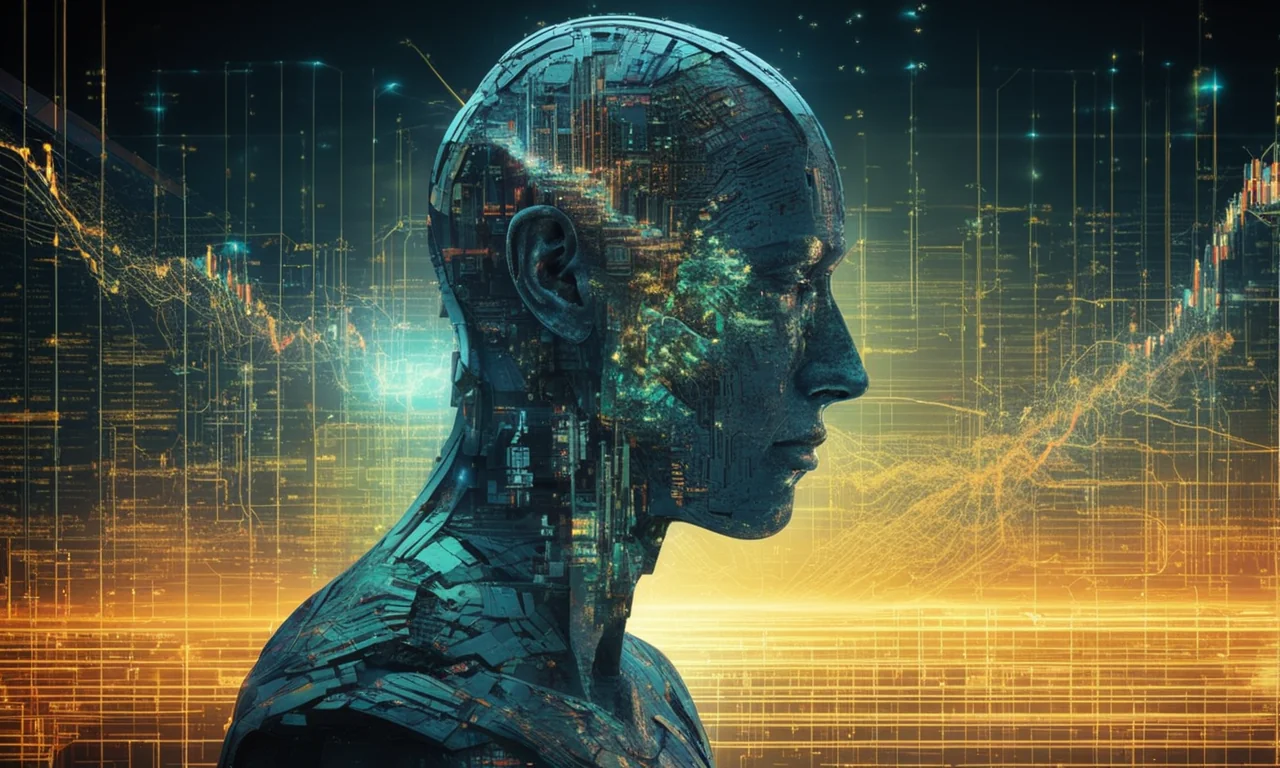
Artificial Intelligence Drives Economic Uncertainty and Ethical Debate
The rapid adoption of artificial intelligence is reshaping creative industries, financial markets, and ethical standards.
Today's Bluesky discussions reveal a rapidly evolving landscape for artificial intelligence, marked by a mix of creative innovation, economic uncertainty, and philosophical reflection. Across posts from diverse voices, users probe the implications of AI's ascent—from its transformative power in creative industries to looming questions of risk, ethics, and authenticity. The day's debates point to a digital moment where opportunity and anxiety intermingle, shaping the collective outlook on AI's future.
AI's Impact on Creativity, Work, and Authenticity
The adoption of AI in creative fields is accelerating, with posts like Cartoon Movement's coverage of AI-driven animation trends among cartoonists capturing both excitement and apprehension within artistic communities. As AI-generated animation becomes increasingly accessible, creators are forced to reconsider what constitutes originality and craftsmanship. Similarly, the “Dead Internet Theory” shared by KSPACE questions the authenticity of digital spaces, suggesting that bot-driven, algorithmic content may be eclipsing human expression online.
"Awful cartoon. Wonderful Animation. How would you react then!???????"- @nerosunero.bsky.social (1 points)
For professionals, the rise of AI is not just a creative disruptor but a source of personal upheaval. As highlighted in Mr. Fresh's post, AI-induced job insecurity is leading to reduced opportunities and diminished wages, with workers being relegated to monitoring AI systems rather than engaging in creative or impactful work. These shifts are mirrored in academia, where Bibliolater's critique of AI in universities points to concerns about eroding critical thinking and student engagement, arguing that reliance on AI undermines the integrity of intellectual communities.
"The most glaring issue with AI is that it is often factually wrong."- @bibliolater.qoto.org.ap.brid.gy (13 points)
Economic Volatility and Ethical Dilemmas
Financial anxiety is palpable, with several posts examining the risks of an AI-driven economic bubble. The analysis from Vast Country Hypnosis warns that the concentration of S&P 500 investments in a handful of AI stocks could trigger a systemic crash. Supporting this view, Artificial Intelligence News documents record stock market highs fueled by AI, while also acknowledging underlying weaknesses—such as stagnant productivity and a fragile labor market.
"With 30+% of the S&P 500 tied up in seven AI companies' stock, the coming crash will definitely escape containment and crash the whole damned economy."- @vasthypno.bsky.social (16 points)
Amid economic concerns, ethical challenges persist. David Kluft's discussion of ABA Op. #517 raises alarm about the use of AI in jury selection, warning of potential discrimination even when unintended. Broader existential risks are also addressed, as Goaloop references Eliezer Yudkowsky's arguments about the dangers AI may pose to humanity, urging serious consideration of long-term safety and security implications.
Reflections on AI's Broader Social and Spiritual Dimensions
Bluesky's AI conversation is not limited to technical or financial matters; it also touches on deeper societal and spiritual themes. The MindandLife conference highlighted by Bhuchung K. Tsering introduces Buddhist perspectives into the debate, encouraging reflection on AI's impact on human well-being and moral development. Meanwhile, Flipboard Tech Desk shares Anil Dash's insights on self-worth and connection, suggesting that technology, including AI, should ultimately serve to strengthen personal and communal bonds rather than diminish them.
As the discourse continues, users are collectively grappling with the paradox of AI: its power to transform and its potential to disrupt, both in our economies and in our sense of meaning and community.
Data reveals patterns across all communities. - Dr. Elena Rodriguez